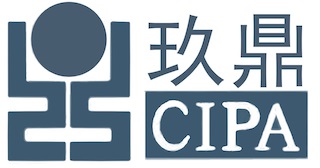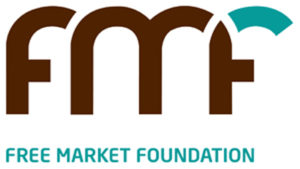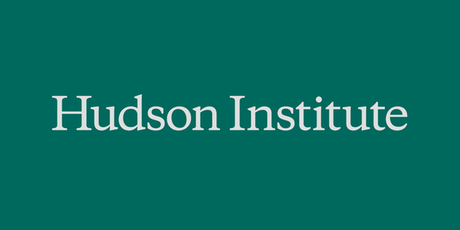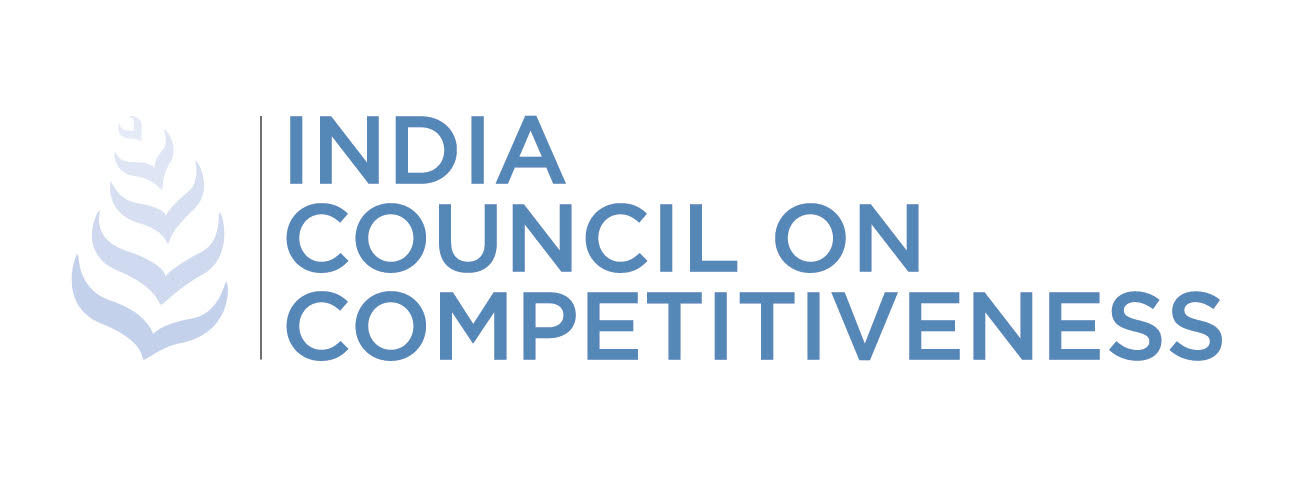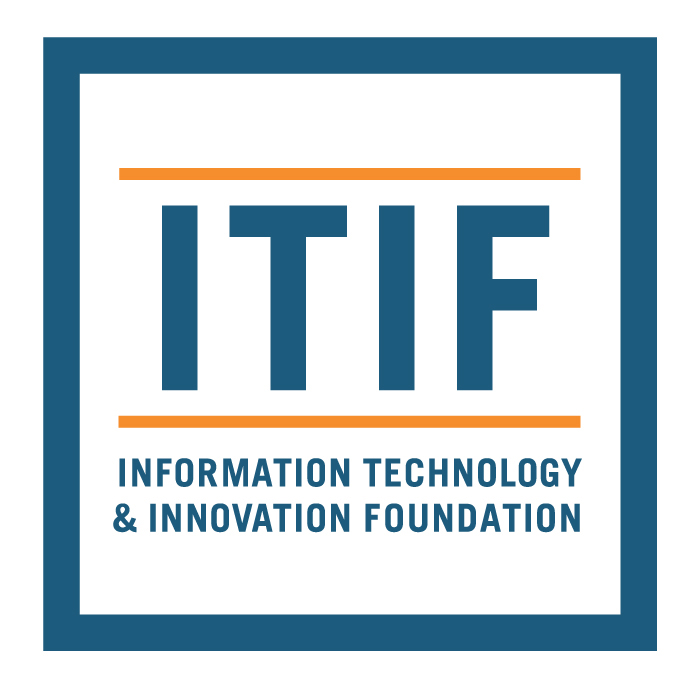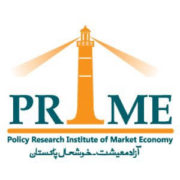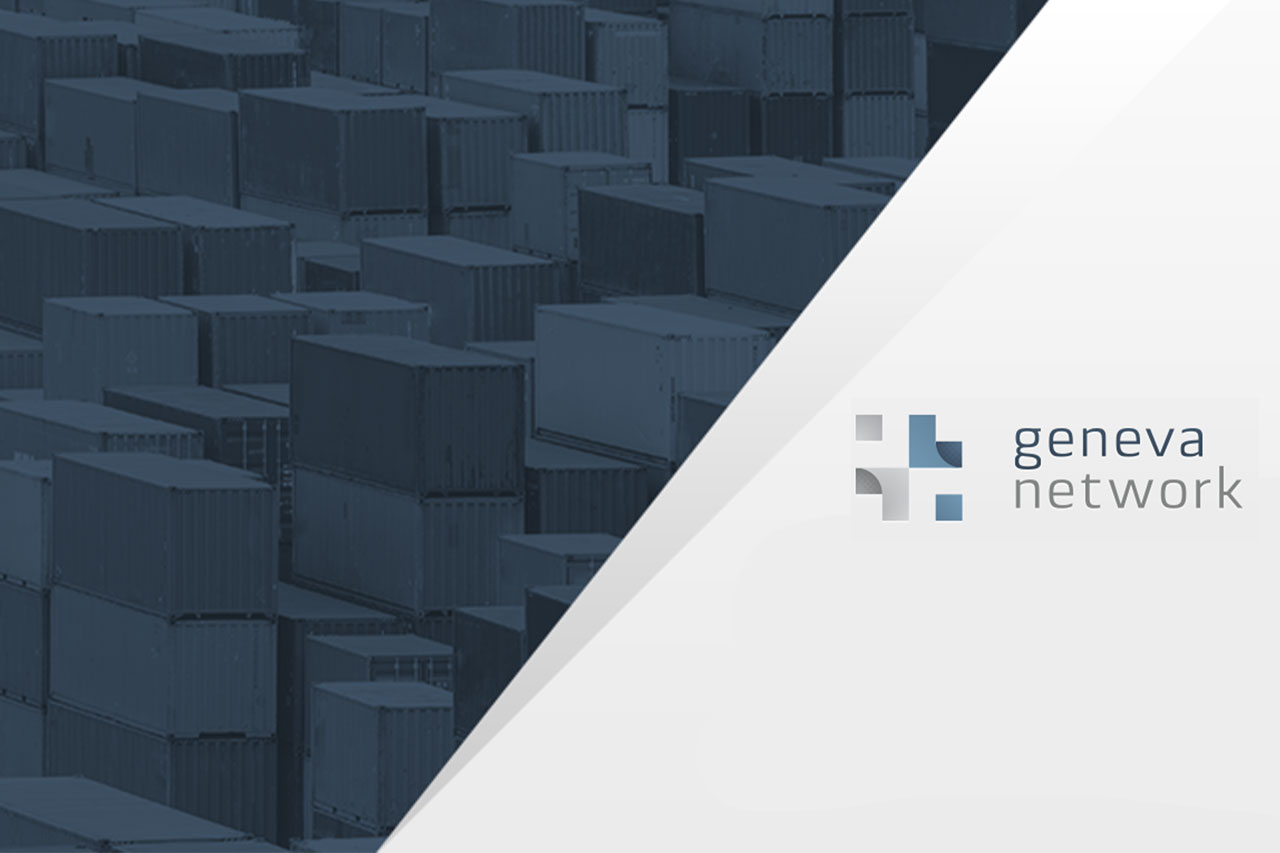We are a coalition of public policy research think tanks and civil society groups that share the belief that open markets underpinned by strong and enforceable property rights and the rule of law are the surest way to increase prosperity for all.
As member states of the United Nations gather in New York for the UN General Assembly, we remind them that the application of these principles will improve access to healthcare services and technology, including in lower and middle-income countries.
In particular, we recommend the following principles:
- Promote diversity and competition in the financing and provision of healthcare
The root of the problem of poor rates of access to healthcare services and technology is weaknesses in national healthcare systems and financing. Even though Ghana has created a national health insurance system, for instance, only 41% of people are covered, with the majority having to pay out of pocket for treatment.
We call on governments to recognise that universal healthcare cannot be achieved by government alone, particularly in low and middle-income countries that have a narrow tax base and precarious public finances.
Sustainable access to healthcare services and technology will only be achievable if there is diversity, competition and choice in healthcare, with an increased role for the private sector in both financing and delivery.
Governments should focus scarce resources on the most needy, and develop policies that encourage the uptake of innovative health technologies and services – rather than attempting to institute “one size fits all” healthcare systems.
- Remove barriers to access to medicines
Access to, and availability of essential medicines remains very poor in most low and middle income countries. The causes are largely due to health system weaknesses, but access is directly undermined by government distortions to the value chain, such as tariffs and taxes. These could be abolished with a stroke of a pen.
Many middle-income countries impose high import tariffs on medicines. These levies have a compounding effect as medicines pass through the supply chain, resulting in retail prices far in excess of the headline tariff rate.
Abolishing tariffs on medicines would deliver to patients aggregate savings of up to US$6.2bn in China, US$2.8bn in Russia, US$2.6bn in Brazil and US$737m in India, according to one recent study.
Further, cumbersome import procedures, regulations and standards can undermine access to medicines, by driving up costs and imposing delays. Import delays are particularly damaging to medical technologies that degrade rapidly, such as lifesaving vaccines.
—-

